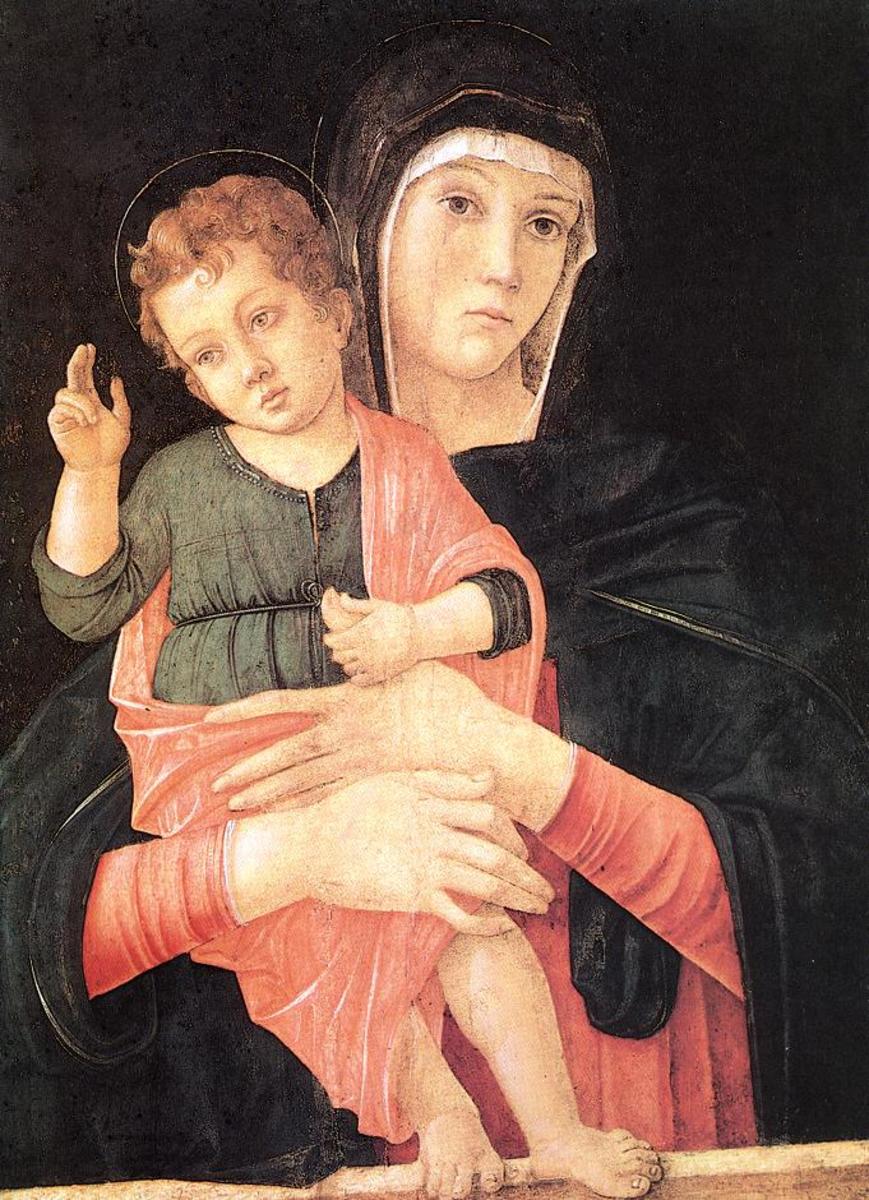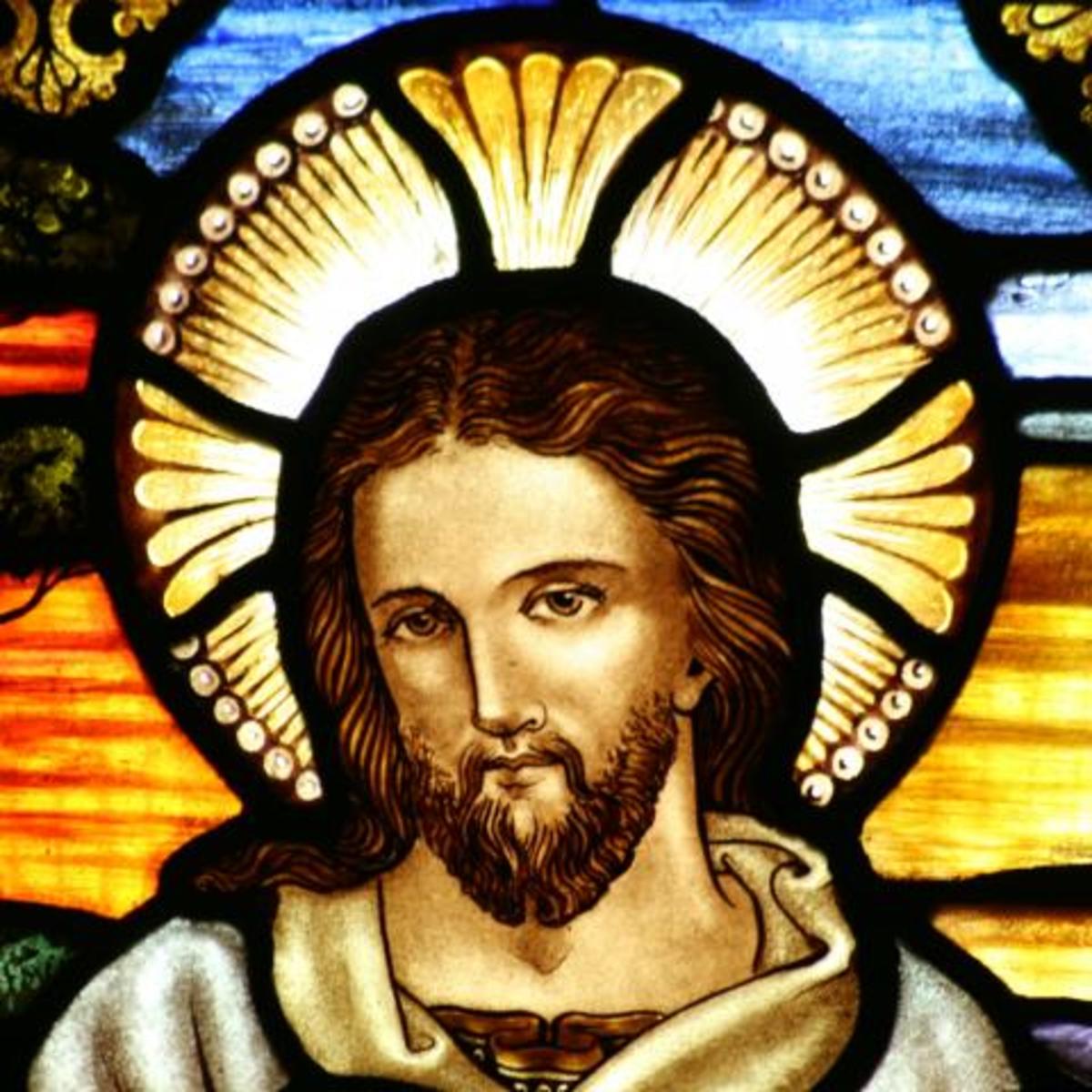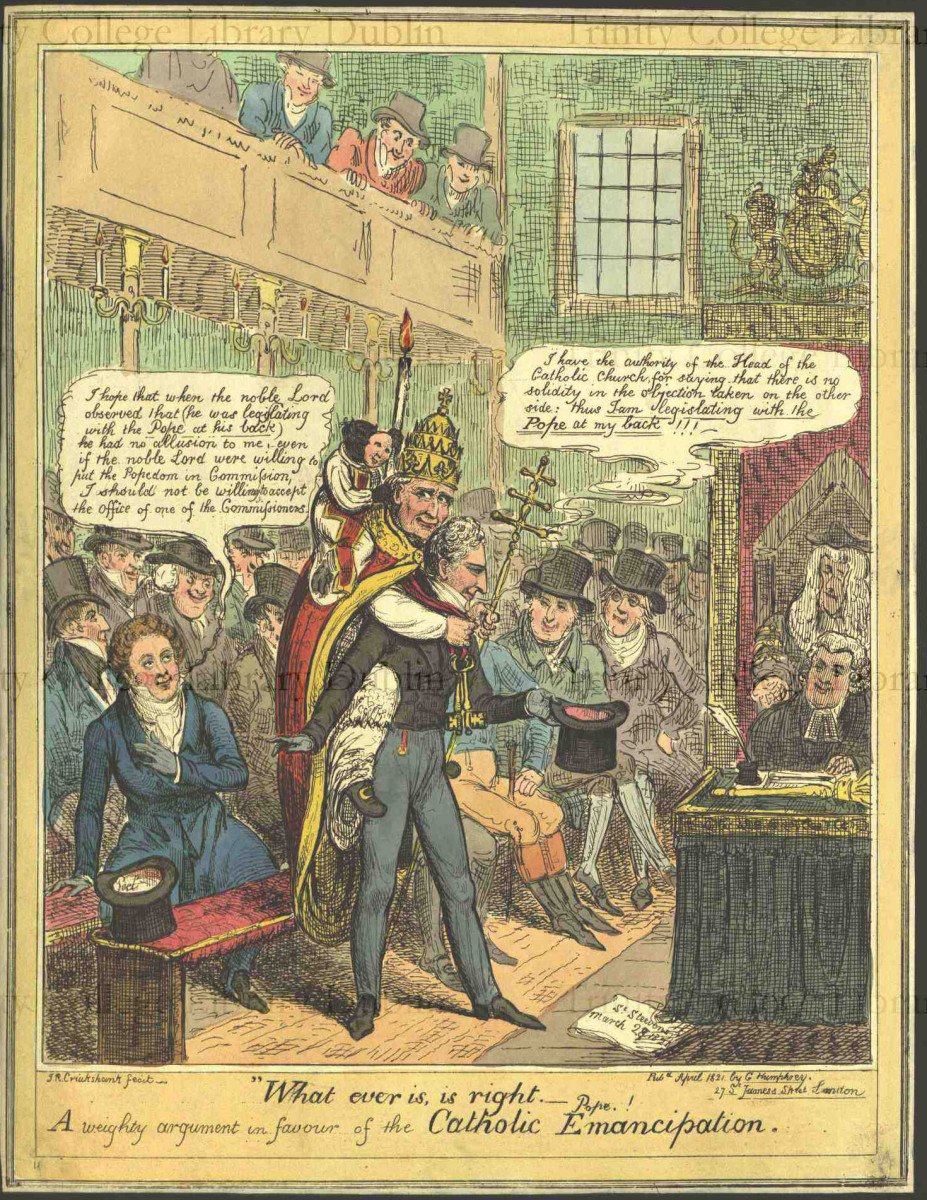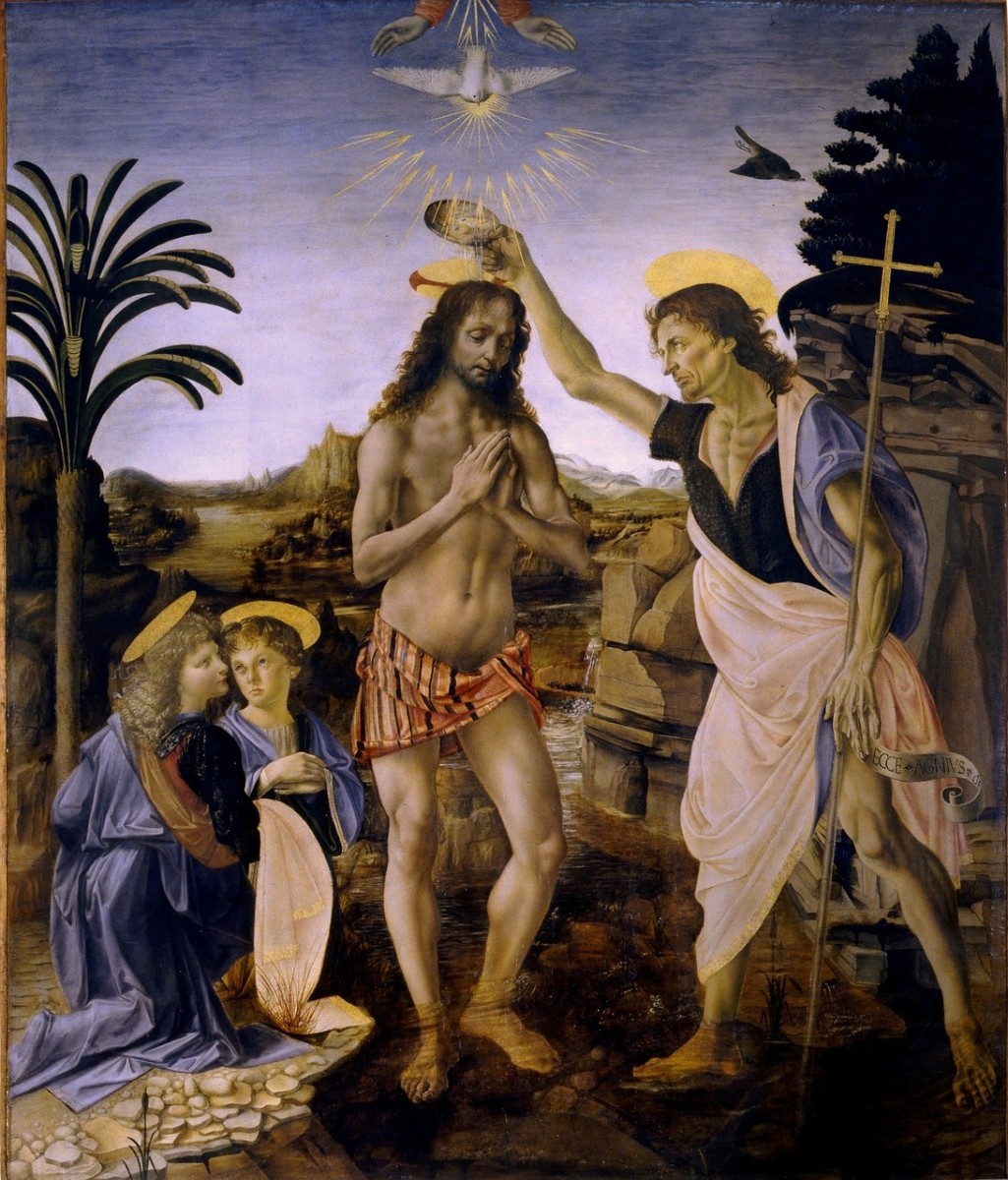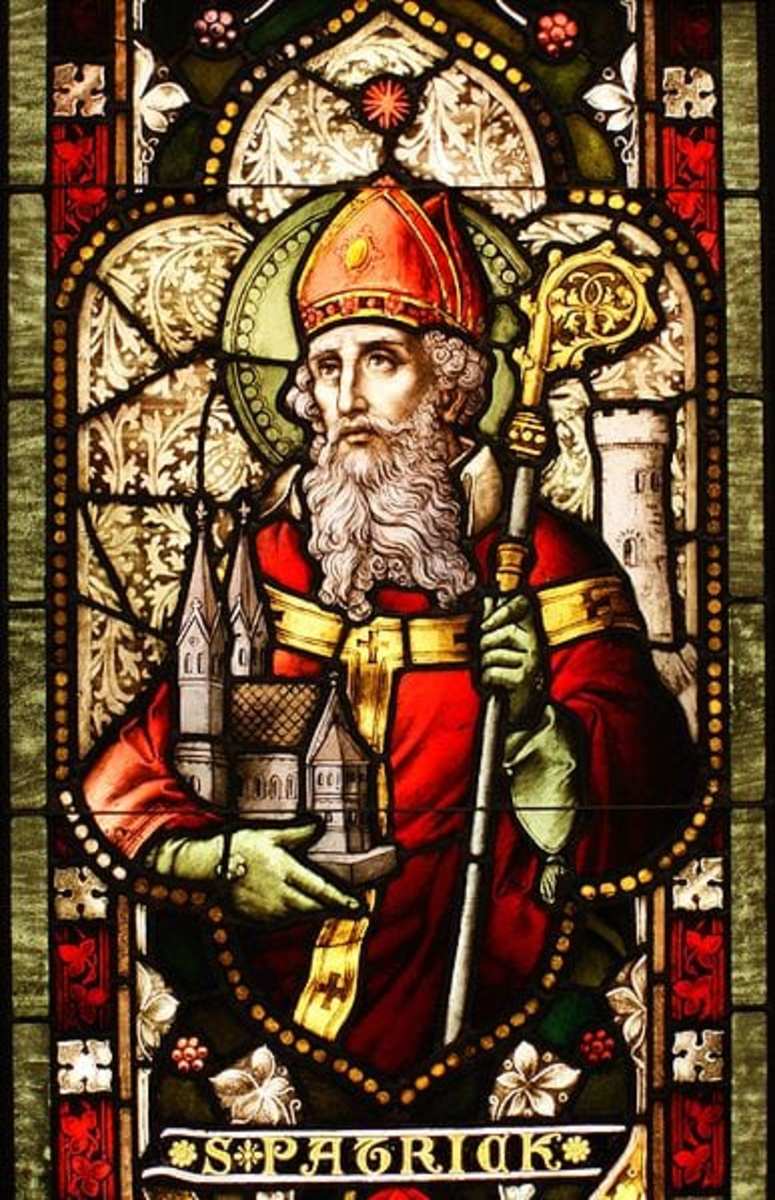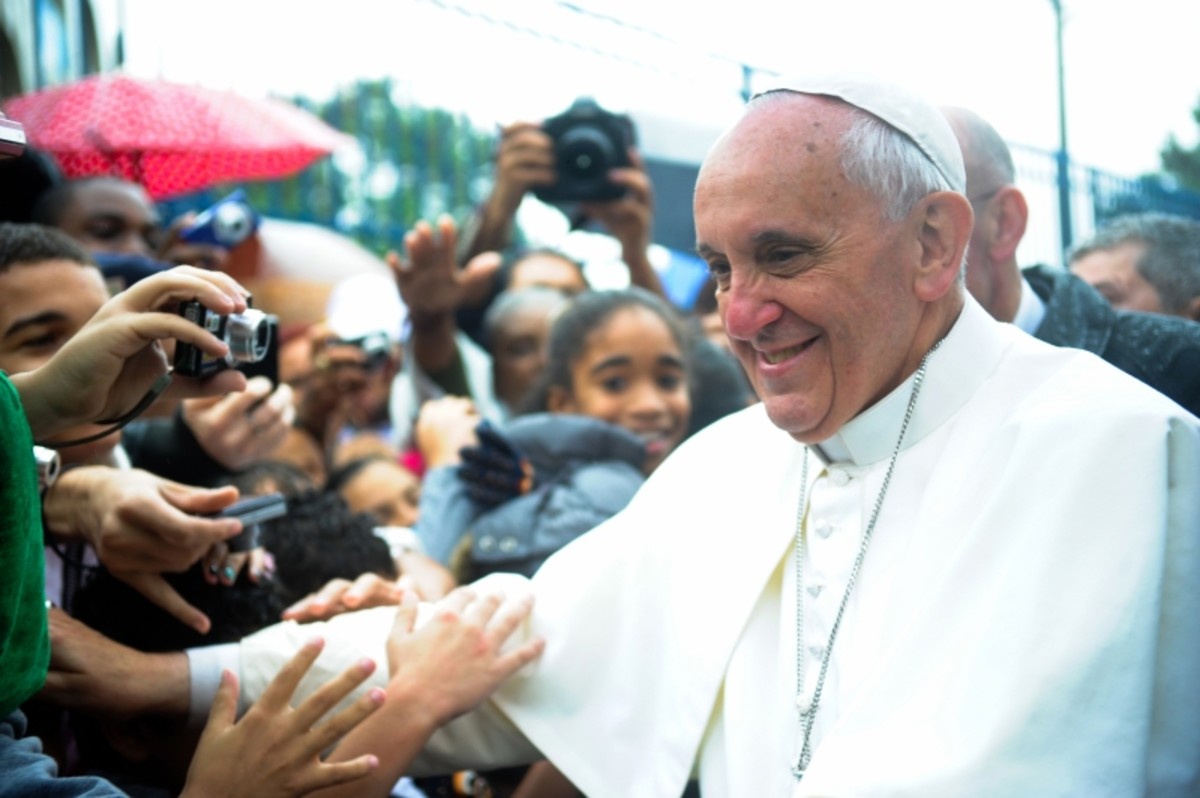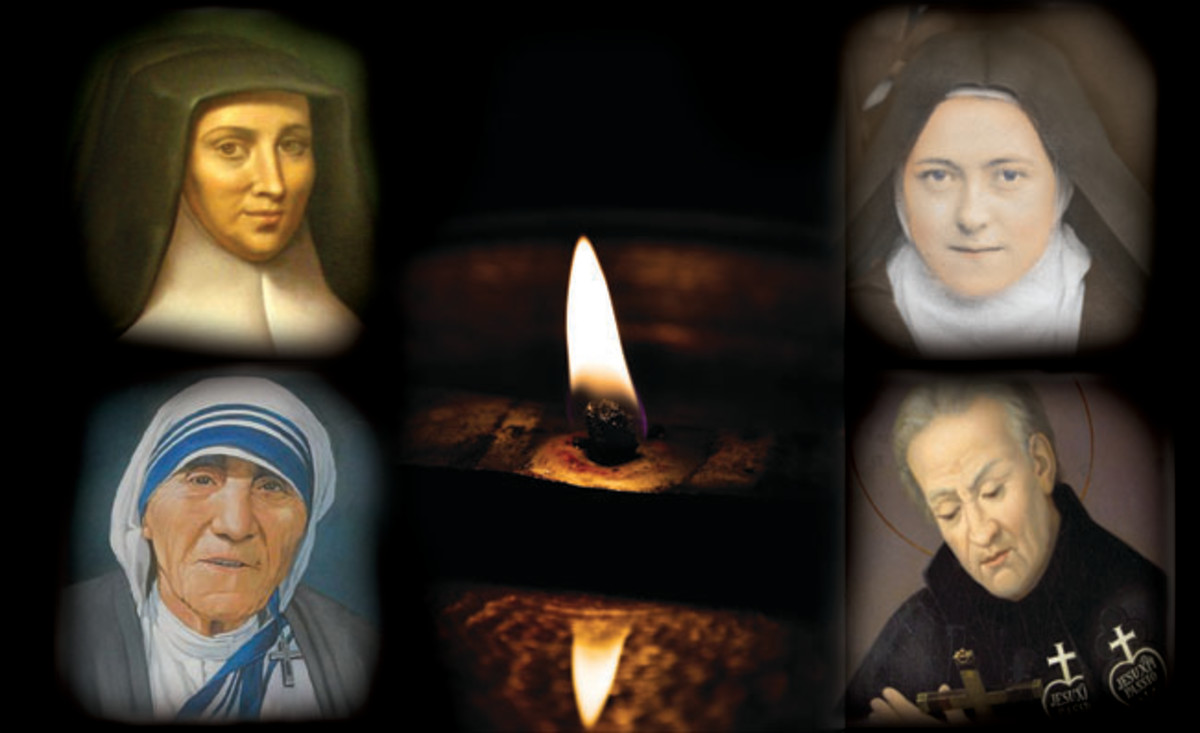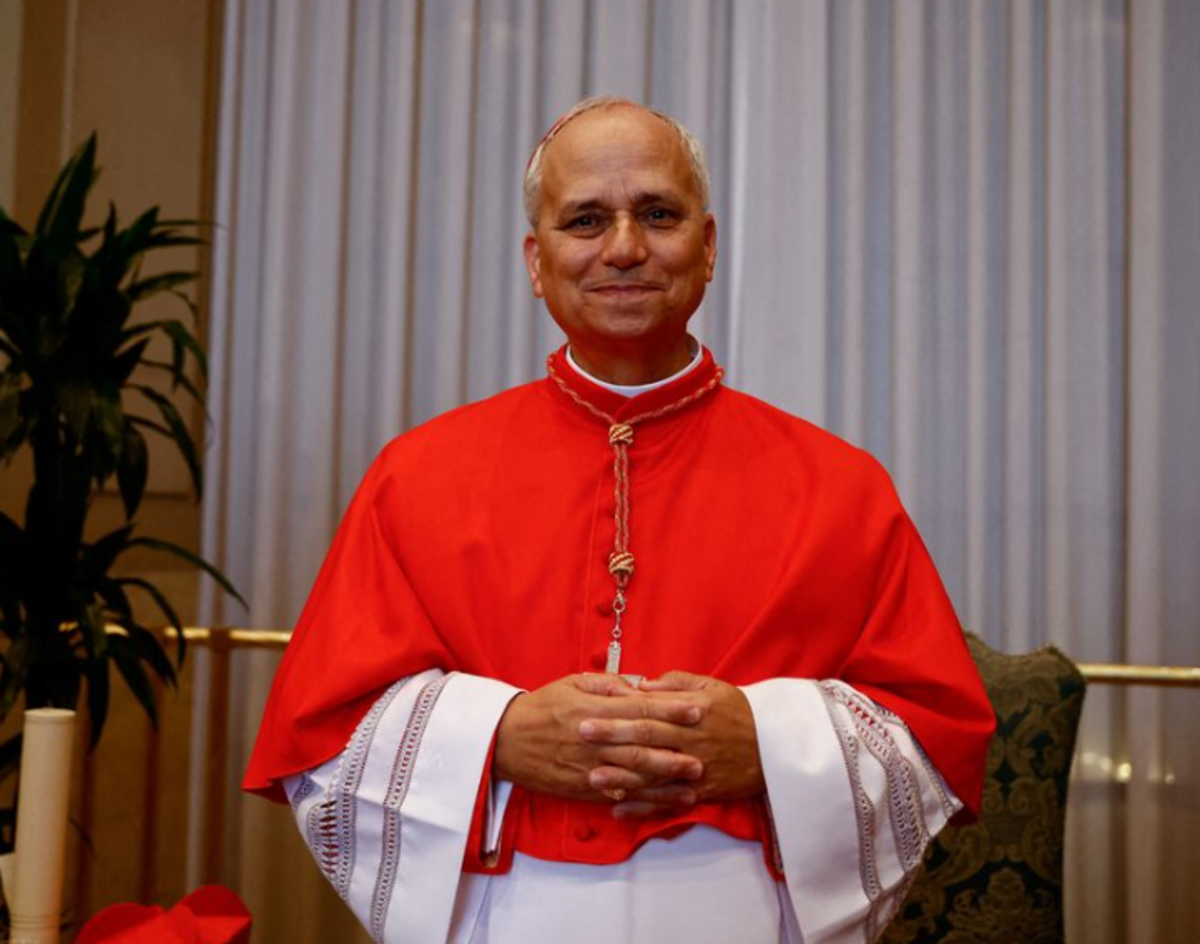Saint Mary and Her Different Identities in Catholic Religion
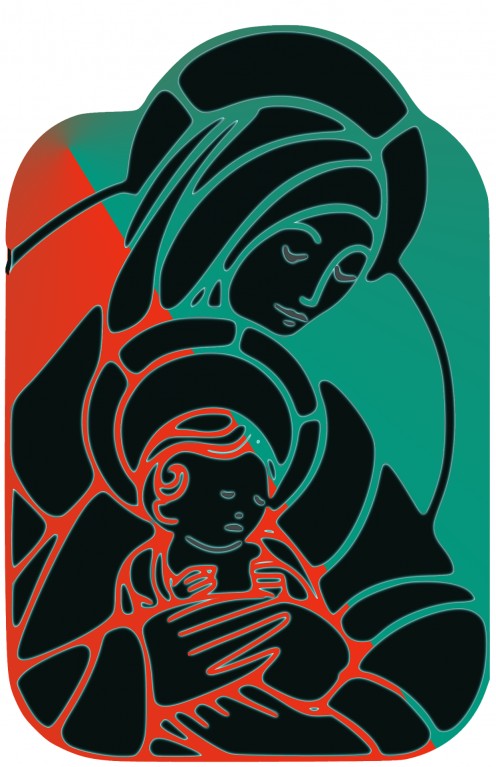
Yes, this may sound strange to someone not familiarized with Catholic religion.
According to the Constitution of Spain, this country has no official religion, but recognizes Catholicism as the majority one. Nowadays, there are several religions practiced in Spain, but Catholicism is the one with more cultural influence. One of these influences is, for example, the fact that during last century's dictatorial period, little girls had to be baptized using, always, the name María, and then any other name. One clear example is my own name. María de los Ángeles. Not very short! Right?
Every city, even the smallest village, owns its own Mother of God... its own "Virgen María". You may think there is just one Mother of God, and that's true. Not only in Spain, but in any Catholic culture, she will adopt a concrete name according, most of the times, to a supposed miracle or appearance.
Some examples...
Some of the most famous "Vírgenes María" (each one with their own physical representation -statue- ) are:
- La Virgen del Pilar, in Zaragoza (Spain)
- La Virgen Moreneta (Cataluña)
- La Virgen del Rocío (Sevilla)
- La Virgen de la Almudena (Madrid)
- La Virgen de Guadalupe (Mexico DF)
- Nuestra Señora de (Our Lady of) Fátima (Portugal)
- Nuestra Señora de (Our Lady of) Lourdes (France)
And, apart from these last famous "Vírgenes", Spanish villages and town all around Spain are proud to have as their protectors:
- La Virgen de la Merced
- La Virgen de Covadonga
- La Virgen del Perpetuo Socorro
- Nuestra Señora de los Ángeles
- Nuestra Señora del Sagrado Corazón
- Nuestra Señora de la Asunción
- La Inmaculada Concepción
and many more.
Although the origins are religious, it has all become a cultural fact.
Every day of the year "belongs" to one or several Saints. For example, every 19th May, we celebrate ‘San José' ("Saint Joseph") and, by the way, this is the day when we celebrate ‘Father's Day'. And not just Saints, but we also have a concrete day to celebrate / remember some "Vírgenes María"; every 12 October is the day of "Nuestra Señora del Pilar" (Long name!) or on 15th August, "the day of the ‘Virgen' (more general). We also have a day for my own name! It is on the 2nd August: "Nuestra Señora de los Ángeles".
Is your name "Alberto"? If so, you can celebrate your "saint" on 14th November, day of "San Alberto Magno".
As said before, all this has become a mixture of religion and culture, as every city or town will celebrate the day of a concrete ‘Virgen' or ‘Saint" with a big party, activities and typical dances, gastronomic contests, etc.
"Virgen del Pilar Celebration" Zaragoza - Spain
This content is accurate and true to the best of the author’s knowledge and is not meant to substitute for formal and individualized advice from a qualified professional.
© 2008 Angeles

